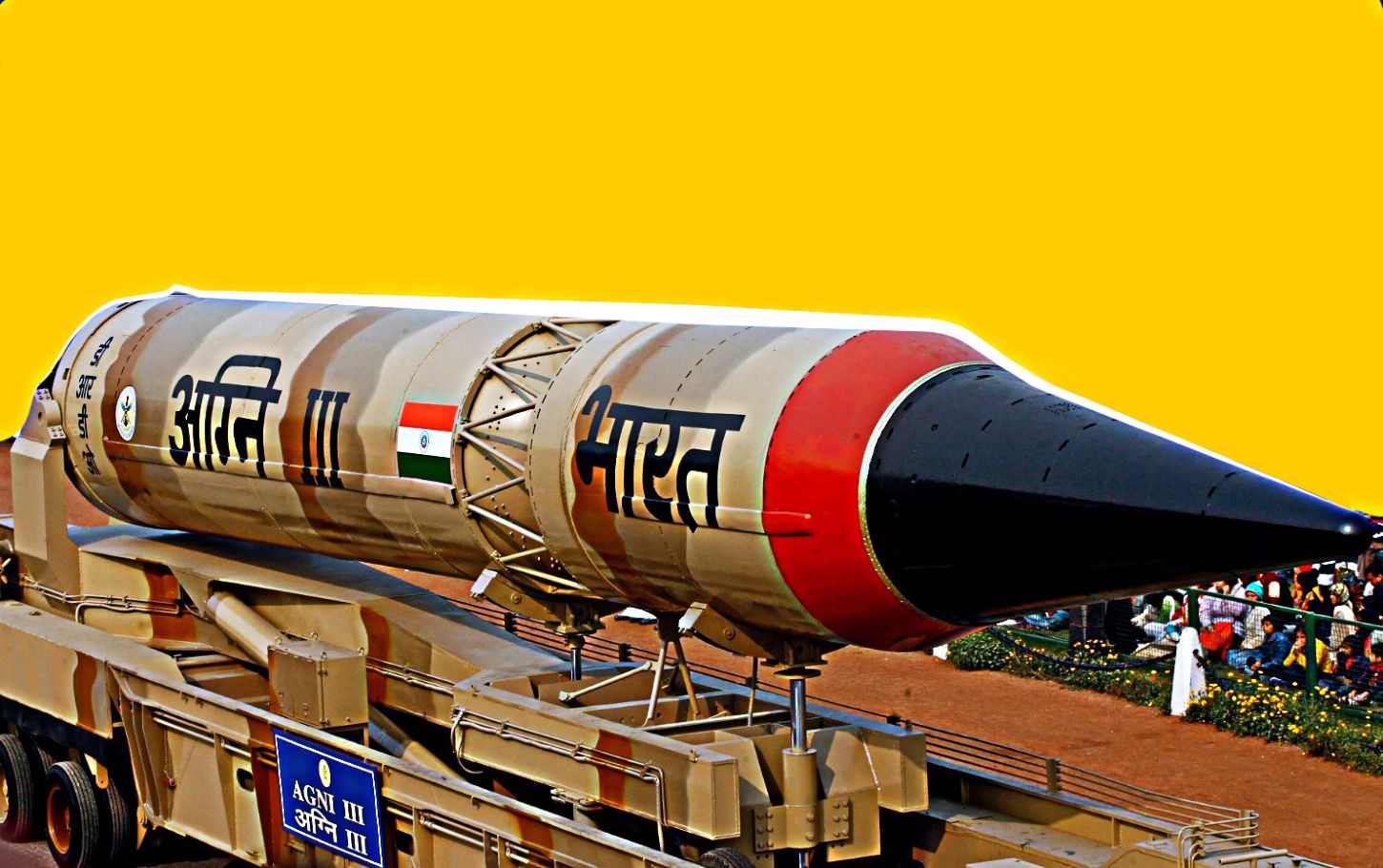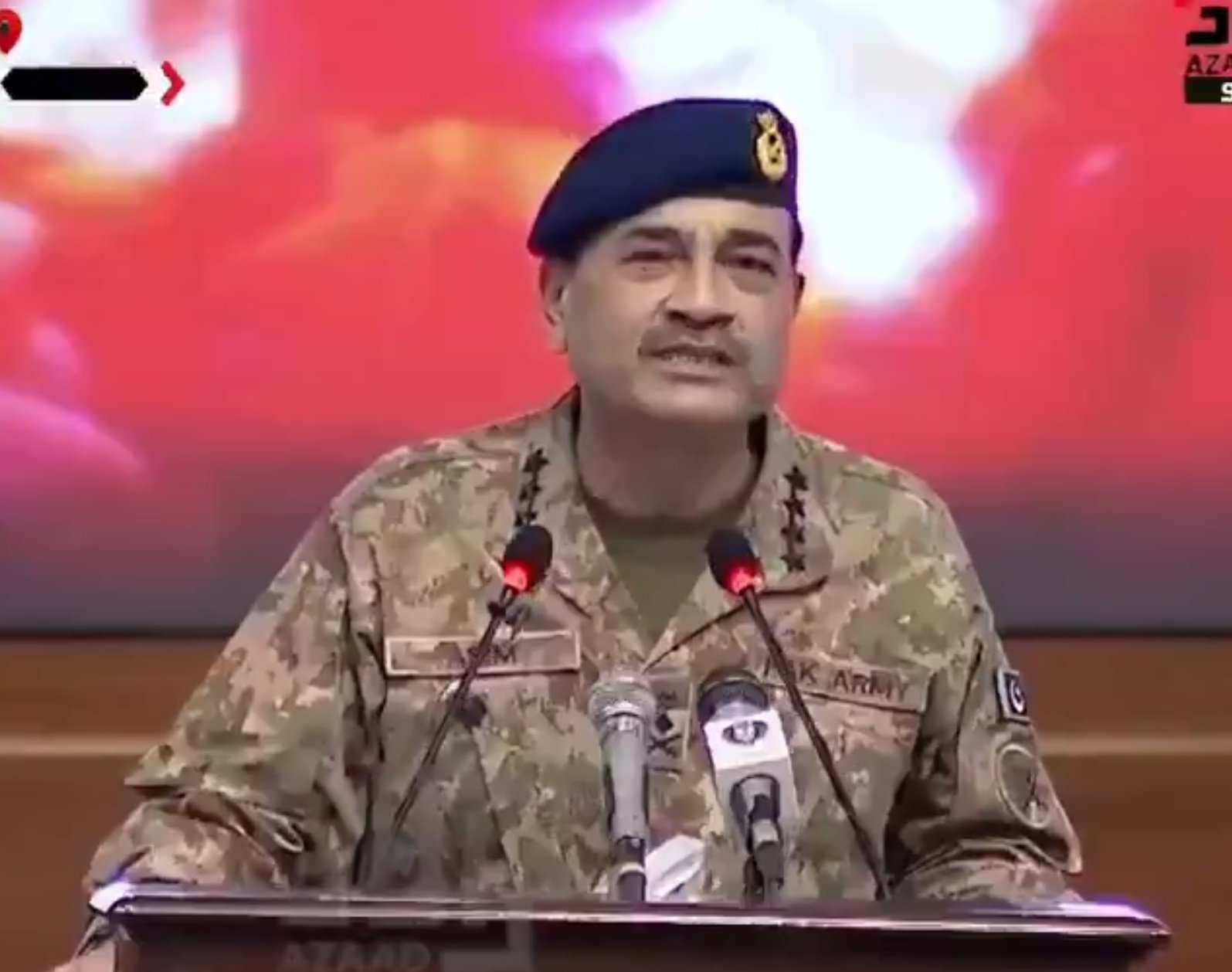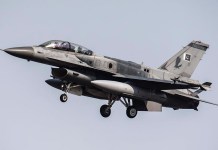The terrorist attack on tourists in Kashmir’s Pahalgam has triggered widespread anguish and anger across India. Public pressure for retribution is mounting on the political leadership.
Circumstantial evidence and eyewitness accounts suggest the attack was a meticulously planned operation, executed by well-trained, well-armed, and highly motivated terrorists.
Its preparation likely involved months of intelligence gathering, placement of local accomplices, and establishment of logistics, financial, and communication support networks.
Such a complex and sophisticated strike could not have been carried out by a local terror cell or even a Pakistan-based militant group acting alone.
The operation bears the unmistakable imprint of the Pakistani Army — the only entity with the resources, training, intelligence capabilities, and infrastructure needed to support an attack of this scale and precision.
The Pakistan Army has long functioned as a rogue entity, wielding unchecked power within the country. Central to its grip on power is its religion-driven claim to sovereignty over Kashmir. The Army’s dominance would begin to erode the day the Kashmir dispute is genuinely resolved, which is precisely why it will never allow a resolution.
Countering The Pakistan Army
India has several effective options to curb the Pakistan Army’s continued use of terrorism in Kashmir — a tactic it employs to suppress the democratic aspirations of Pakistani citizens and tighten its grip on power.
Unfortunately, none of these options are military in nature.
Any military action by India would only help the Pakistan Army consolidate, or even strengthen, its hold on Pakistan. Despite being a smaller nation with a weaker economy, Pakistan will always retain retaliatory military options.
Backed by China, the CIA, and segments of the European deep state — all of whom have vested interests in Pakistan — it will never be starved of weapons, ammunition, or intelligence to strike back.
Moreover, history shows that military force rarely eliminates entrenched terror-linked entities within states. Examples abound: ISIS in Syria and Iraq, Hamas in Gaza, Hezbollah in Lebanon, Banderites in Ukraine, and the Houthis in Yemen.
Demonstrative military strikes are unlikely to break the will of the Pakistan Army. We have seen this before. The 2019 Balakot airstrike is a prime example.
On February 26, 2019, the Indian Air Force (IAF) struck a Jaish-e-Mohammed (JeM) terrorist camp in Balakot, Pakistan, in retaliation for the Pulwama attack. The next day, the Pakistan Air Force (PAF) launched “Operation Swift Retort,” targeting Indian military installations across the Line of Control (LoC).
In the ensuing aerial engagement, an Indian MiG-21 Bison was shot down, and its pilot captured. India wisely chose not to escalate further.
Any military action today would invite a similar tit-for-tat response, leading only to a cycle of escalation without strategic gains, much like the endless artillery duels of the early 2000s.
Following the 1999 Kargil War, India and Pakistan frequently exchanged artillery and mortar fire across the LoC. These intense daily exchanges, particularly in sectors like Kupwara, Poonch, and Rajouri, caused significant casualties, including among civilians. The situation only stabilized after the 2003 ceasefire agreement.
Consequences Of Indian Military Response
India has a wide range of military options — so wide, in fact, that the choice could come as a complete surprise to both Indian and Pakistani citizens.
As discussed earlier, any Indian military action will almost certainly trigger a Pakistani response. While international pressure, particularly from China, could force Pakistan to keep its retaliation limited, as it did during Operation Swift Retort, it would be unwise for India to assume a non-escalatory outcome.

Coping With Casualties
If India opts for military action and escalation follows, it must be prepared to accept casualties, likely far more than those currently demanding retribution can imagine.
Pakistan, too, would suffer heavy casualties.
Public discourse in India often suggests that military casualties are more acceptable than civilian ones. But this distinction is largely academic — the loss of soldiers causes the same grief and societal trauma. Taking comfort in the idea that “only soldiers will die” is cynical escapism.
Beyond the human cost, India’s economic growth would also take a hit. War invariably diverts resources, disrupts markets, and dampens investment.
However, if India truly seeks to confront the challenge, it must recognize that both casualties and economic slowdown are unavoidable — and acceptable — costs of any military path chosen.
Non-Military Options
India has several effective non-military options, and it has already exercised one of them: suspending the Indus Waters Treaty.
Another strong option is diplomatic lobbying for United Nations Security Council (UNSC) sanctions against Pakistan’s Chief of Army Staff, General Syed Asim Munir Ahmed Shah.
As discussed earlier, the nature of the Pahalgam attack points to direct involvement at the highest levels, with little room for plausible deniability.

Moreover, General Munir’s documented inflammatory remarks, including his dehumanizing references to Hindus, provide additional grounds for international action. With sustained effort, India could force his resignation and possibly lead to a trial.
India’s non-military strategy must also include a strong internal focus — curbing efforts to incite religious divisions and building a more resilient, unified society at home.
Limits To A Military Response
India’s political and military leadership will likely opt for a military response, partly to appease public sentiment and partly to send a strong message to Pakistan. However, any such operation will not put an end to Pakistan’s military-engineered terror strikes.
For a military operation to be meaningful, it must have a clearly articulated and achievable objective. In the case of the Pahalgam terror attack, no realistic military response can deliver a decisive or lasting outcome.
In contrast, well-planned non-military measures — such as diplomatic, economic, and internal political actions — stand a better chance of achieving India’s strategic goals without incurring further loss of life.
- Vijainder K Thakur is a retired IAF Jaguar pilot, author, software architect, entrepreneur, and military analyst.
- Follow the author @vkthakur




